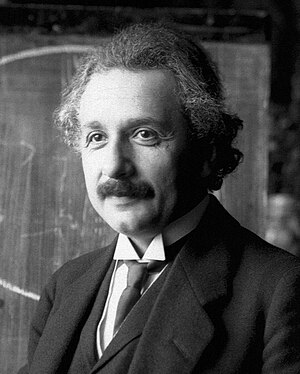
We humans have a propensity for following the path of least resistance. We tend to do the easier thing, the thing that takes the least time or requires the least effort. Often the result is that we do what we’ve always done because that’s what’s familiar. We know how to do it so we don’t have to put much thought or effort into it. In fact, we can—and do—do what we’ve always done on autopilot. Because it’s so easy, operating on autopilot is very appealing, even compelling.
But autopilot only works when we’re in familiar territory. Novel situations require conscious thought, and conscious thought requires more energy than autopilot requires. We’re sort of programmed to conserve energy by continuing along the path of least resistance. That’s why habits are so difficult to change or break. The way our brains conserve energy is by developing subroutines whenever they can and turning them over to the unconscious. This enables us to get by without having to think about a great many things we do. Yes, my brain made me do it is a valid excuse.
Our brain’s autopilot keeps us alive every day, but it can be difficult to interrupt. Autopilot behavior could be called habitual, unconscious, automatic, unmindful, or routine. What it can’t be called is deliberate.
If we want to do something deliberately, as opposed to habitually, the first thing we need is an intention. If we don’t have an intention in place, we’re likely to succumb to the siren song of the path of least resistance. That’s just the way we’re wired.
An intention is more than wishful thinking or a good idea. An intention is something specific we are committed to doing and willing to put the necessary time and effort into. Creating and acting on an intention requires our conscious thought. If we want to break away from the path of least resistance and carve out a new path, we need to ask ourselves if we’re committed to doing it and if we’re willing to do whatever it takes, including feeling uncomfortable.
We also need to get very, very specific. It’s fine to begin with a vague or general objective. That’s the way most ideas start out. But if we want to give ourselves a fighting chance at succeeding, we need to spell out the what, when, where, and how of what we intend to do.
Acting deliberately and thoughtfully is the opposite of running on autopilot. It takes practice. It requires energy and effort. But first of all, it requires an intention.




